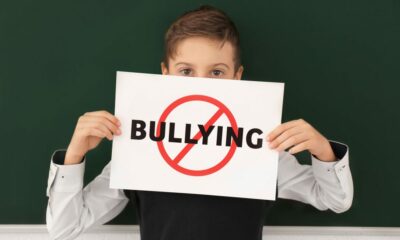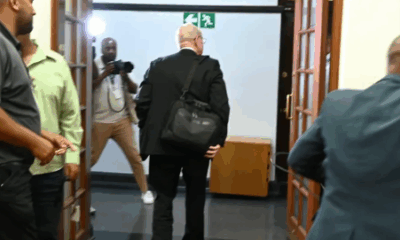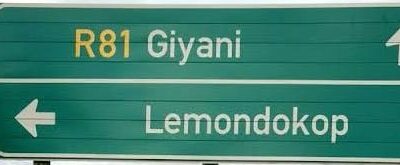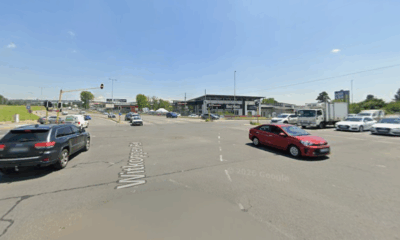News
Our Children Are Not Safe: Inside South Africa’s School Violence Crisis
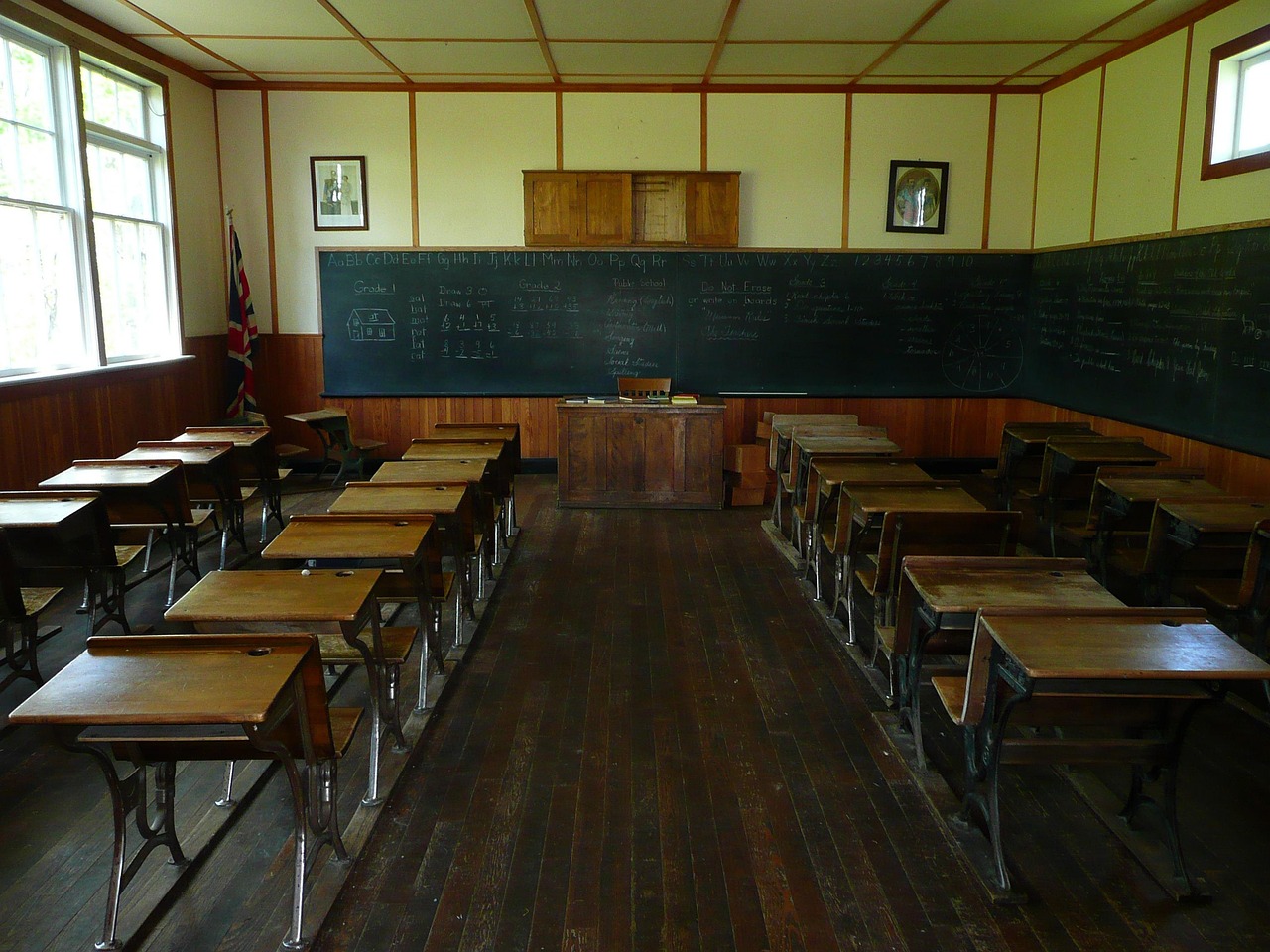
School is supposed to be a safe space. Yet in South Africa, classrooms are increasingly becoming crime scenes. From KwaZulu-Natal to Gauteng, the Western Cape to the Eastern Cape, headlines are filled with stories of learners stabbing classmates, gang fights spilling into playgrounds, and principals risking their lives to protect children.
Behind the statistics are children carrying invisible wounds. “We are an anxious, violent, stressed and wounded nation,” says clinical and sports psychologist Dr Keitumetse “Tumi” Mashego. She explains that many violent outbursts are born from unresolved trauma at home and in communities. “Children learn from what they see in their homes and society.”
Brutal Incidents Across Provinces
The crisis is not isolated to one province, it’s everywhere.
-
KwaZulu-Natal: A Grade 10 learner at Trenance Park Secondary was stabbed in the neck by two younger learners. Just days later, a mass brawl in Pietermaritzburg left two learners hospitalised with deep lacerations.
-
Gauteng: Six matriculants from Hoërskool Roodepoort were suspended after a violent retaliation attack that injured three learners and left the principal stabbed while intervening. Earlier, a Grade 11 pupil in Pretoria East was fatally stabbed outside school grounds.
-
Eastern Cape: Learners in Alice and at Daluhlanga Senior Secondary were stabbed in separate incidents, one involving scissors.
-
Western Cape: Gang rivalries spilled into classrooms in Kraaifontein, where a 17-year-old was stabbed in the face. Later, an 11-year-old girl was gunned down in the same communitya stark reminder that school violence often mirrors neighbourhood conflict.
-
North West: A Grade 10 pupil collapsed and died after allegedly being forced to run laps as punishment for arriving late.
According to SAPS crime stats, between April and June 2024 alone, 74 rapes and 12 murders were reported on school premises. Nearly 273 children were murdered nationwide in that same three-month period, an average of almost three a day.
Why Our Schools Are Failing Children
Education authorities regularly condemn the violence, but condemnation alone has not slowed the bloodshed. KwaZulu-Natal MEC for Education Sipho Hlomuka insists learner safety remains a “top priority,” while the Department of Basic Education highlights the Safe School Protocol, launched earlier this year, as a framework for security.
Yet teachers’ unions and psychologists say the reality is that schools are underprepared and overwhelmed. The National Professional Teachers’ Organisation of South Africa (NAPTOSA) has warned that violent incidents are escalating because fights are being filmed and shared online, fuelling copycat behaviour. “If this goes on, we will not be able to control the violence in schools,” said NAPTOSA’s KZN spokesperson Thirona Moodley.
Moodley also stressed that teachers are at risk. Principals have been stabbed breaking up fights, while educators face burnout from constant exposure to trauma.
Parents, Communities, and Accountability
The debate now extends beyond classrooms. The KwaZulu-Natal Parents Association has called for tougher disciplinary action, arguing that violent learners must be removed to protect others. “Stabbing a child is not just violence, it’s attempted murder,” chairperson Vee Gani said.
But the Department of Basic Education’s Elijah Mhlanga insists the root problem begins at home. “The real challenge is parenting, not policy,” he explained. “No amount of policy-making will work if there is no change in behaviour at an individual level.”
Mashego agrees, adding that schools must be supported with psychologists, social workers, and medical professionalsnot just stricter discipline. Teachers, too, need mental health support. “Their work is stressful and puts them at risk for burnout,” she said.
A National Wake-Up Call
The reality is grim: South Africa’s children are growing up in an environment where violence has become normalised. Social media videos of stabbings and mob fights amplify the problem, turning schools into stages for notoriety.
The question remains, how do we break the cycle? Experts say the solution lies in shared responsibility. Families must model respect and empathy at home. Schools must strengthen partnerships with law enforcement. Communities must reclaim safe spaces.
Because right now, as the tragedies stack up, one truth rings louder than all others: our children are not safe.
{Source: IOL}
Follow Joburg ETC on Facebook, Twitter , TikTok and Instagram
For more News in Johannesburg, visit joburgetc.com



